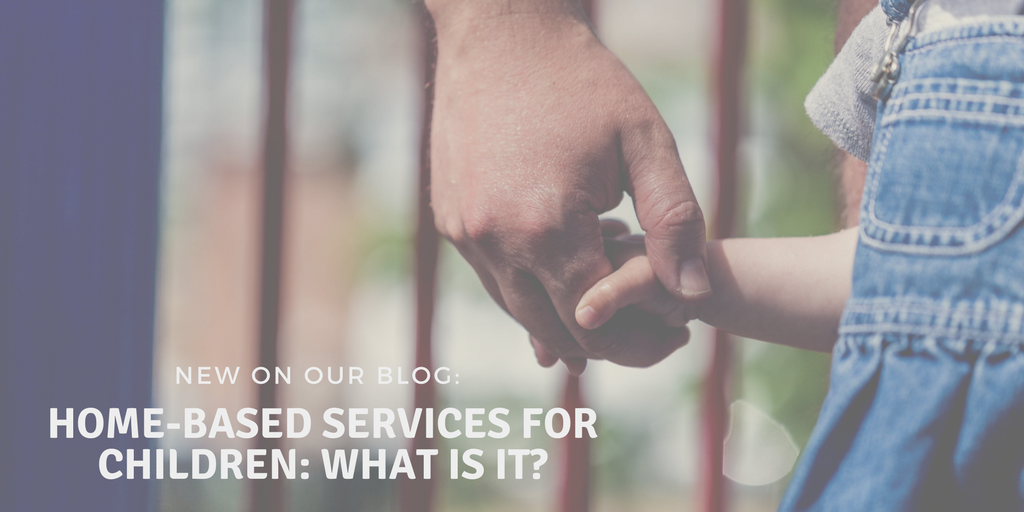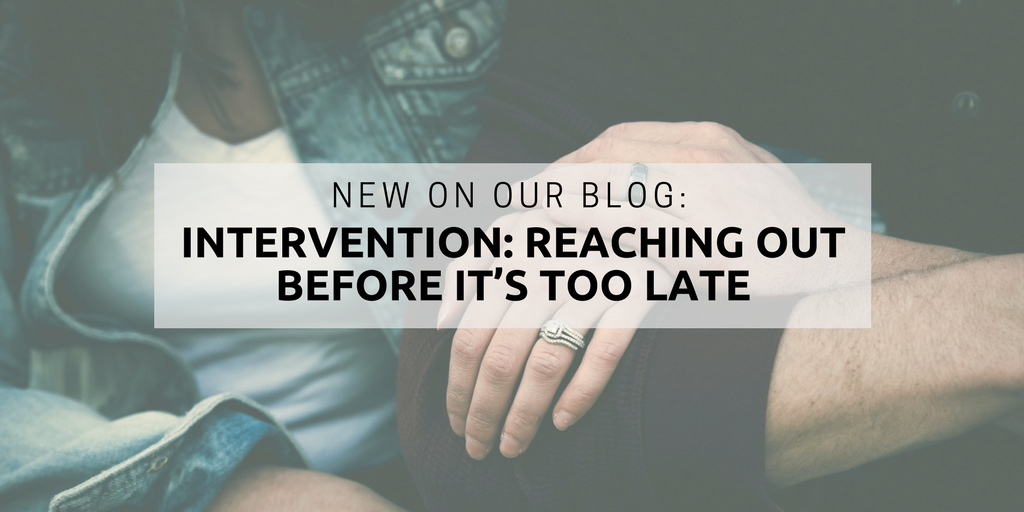
Home-based services for children: What is it?
One of South Bay’s most unique attributes is that the majority of our services are conducted outside of our offices, such as in community settings. Our Early Childhood clinicians frequently travel to homes, schools, foster homes, residential programs, churches, childcare programs etc. – wherever our consumers feel most comfortable.
We understand that inviting an outside party into your home to work with your child can be scary and intimidating. There’s also a common misconception amongst our consumers that a South Bay clinician is the only party involved in the child’s development. It takes a joint effort of the entire family and our Early Childhood team to ensure growth, stability and well-being during the child’s early years. We explain everything you need to know about home-based services for children below.
The clinician’s role
When serving a child, South Bay’s Early Childhood clinicians work with the entire family – not just the child. The clinician’s role is to identify developmental delays and provide support to families if there are environmental barriers that are contributing adversely and may impact the child’s development. Such barriers may include drugs, alcohol, traumatic birth, etc. Once the developmental delay is determined, clinicians provide consultation among the team …

